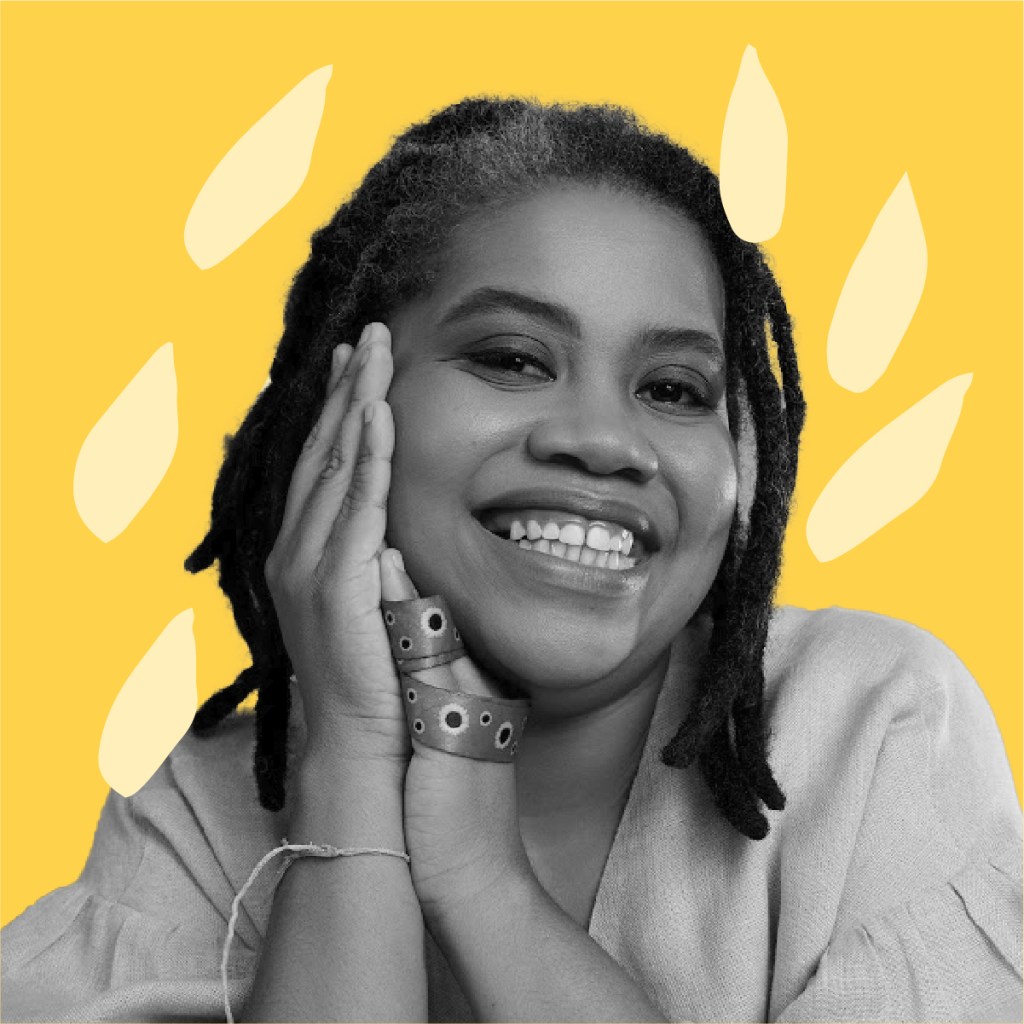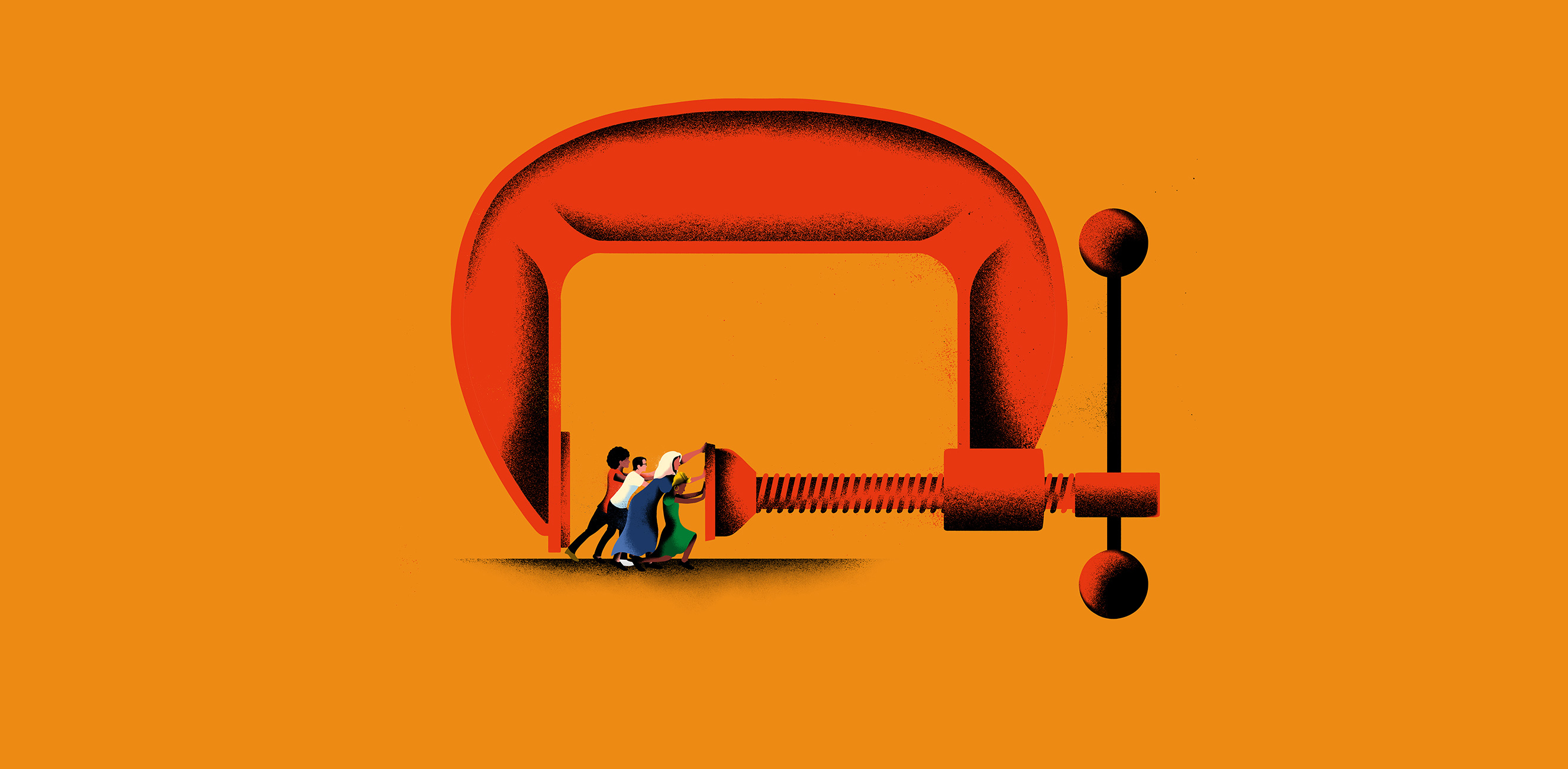
For Luciana Viegas, the decision to found Vidas Negras Com Deficiência Importam (Black Disabled Lives Matter) was deeply personal. After learning that her young son was on the autism spectrum, she realized how rampant discrimination against Black disabled people was in her home country of Brazil—and saw an opportunity to narrow that inequality. Now, what began as a project to expand opportunities for and raise awareness of Black disabled people in Brazil has succeeded so widely that it is inspiring an international movement.
Through advocacy, data production, leadership development, and storytelling, Black Disabled Lives Matter (BDLM) makes visible the unique challenges that Black disabled people face in Brazil and beyond. As the executive director of the organization and a Ford Global Fellow, Viegas leads BDLM as it pushes back against the structural prejudices that impact the lives of the Black disabled community. She has advocated for Black disabled people on some of the world’s most prominent stages, including the Supreme Federal Court in Brazil and the United Nations.
“When I created Black Disabled Lives Matter, I knew the problem to address was not about autism. It was not about neurodivergent people, or neurodivergent Black people,” said Viegas. “The problem was that our systems were inadequate in recognizing the intersectionality between racism and ableism.”
Currently, Black disabled Brazilians face discrimination across nearly every part of society. They are often denied access to consistent medical care, which means many people go undiagnosed or are sent to mental health facilities that are not suited to their needs. Black people with disabilities also face a higher rate of police violence both in Brazil and around the world.
Learn more about Defenders of Dignity
BDLM works to raise awareness of and support for this community. The first step was to quantify it; since the Brazilian government did not collect data on the number of Black disabled people in the country, their needs were frequently overlooked. BDLM worked from 2020-2022 to gather data for the United Nations’ Committee on the Elimination of Racial Discrimination as a way to encourage the Brazilian government to support the community.
“We are the first organization to collect data about Black people with disabilities in Brazil. Before this, our government only had disaggregated data: There was data about Black people in Brazil, and separate data on people with disabilities, but none about how many Black, disabled people there are,” said Viegas. “In conjunction with partners including Minority Rights and the University of York, we built this research and then put it in accessible language for all people to understand. Now, with this growing awareness of the community, others are asking how they can join this work and build more support for Black, disabled people.”
Moving forward, Viegas hopes that BDLM will serve as a blueprint for other organizations around the world looking to help their own Black disabled communities—or any historically underrepresented community that deals with systemic exclusion and lack of government recognition. She is working with organizations across Latin America, Thailand, and Nepal, as well as strategizing with the international cohort of her Ford Global Fellowship community, on shared initiatives and leadership lessons that support disabled people in other communities.
Despite the international growth and impact of BDLM, Viegas’ ultimate goal has remained the same since its inception. “I created BDLM for my son,” she said. “So if we can help create a better world, one where there is greater support for and understanding of the lives and stories of Black people with disabilities, that’s good enough for me.”
